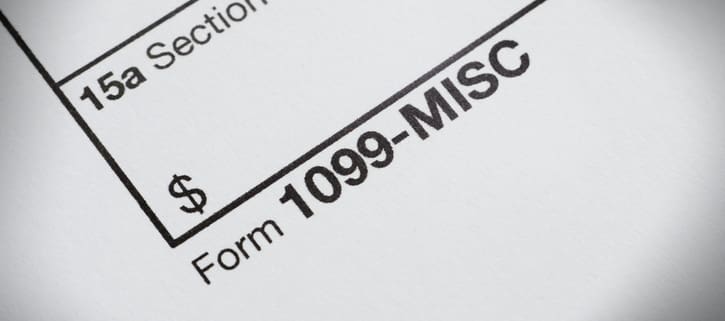How to Prepare for the 2024 1099 Filing Deadline
The 2024 1099 filing deadline is fast approaching—are you ready? Filing 1099s can feel overwhelming, but understanding the process and key requirements can save you from costly penalties.
Below, we break down three critical steps to ensure your forms are accurate and compliant.
Step 1: Verify Recipient Information
Before submitting your 1099 forms, ensure that all recipient details are accurate. This includes the recipient’s:
- Name: Double-check the spelling of the individual’s or business’s name.
- Social Security Number (SSN) or Employer Identification Number (EIN): Confirm the correct number is listed. Using incorrect information can trigger IRS notices and delay your filings.
If you’re filing a 1099 using an individual’s name and SSN instead of a business name and EIN, it’s crucial to confirm that the individual qualifies as an independent contractor under both federal and state laws. Misclassification can lead to audits, penalties, and reclassification of contractors as employees, so proceed carefully.
Step 2: Confirm Filing Requirements
Not every payment you make requires a 1099. Here’s a quick guide to determine whether you need to file:
- Payments for Services vs. Goods
- Generally, 1099s are required for payments over $600 made for services, not goods.
- If you’re paying for a combination of goods and services, you may still need to file if the service component meets the $600 threshold.
- Payments by Credit Card
- If you paid someone using a credit card, you’re typically not required to file a 1099. The recipient’s bank or merchant processor will issue a 1099-K for those payments, avoiding duplication.
Step 3: Understand Key Exemptions
Some situations exempt you from filing a 1099:
- Payments under $600: You don’t need to file if the total payments to a recipient are less than $600 for the year.
- Corporate Entities: Most payments made to corporations are exempt, except for specific cases like attorney fees.
- Credit Card Payments: As noted, these are reported separately by the recipient’s payment processor.
If you’re unsure whether your specific situation requires a 1099, consult a CPA or tax attorney to avoid errors.
Why Filing Correctly Matters
Filing inaccurate 1099s or failing to file altogether can result in significant penalties. Here’s what’s at stake:
- IRS Penalties
- The IRS can impose fines for incorrect or missing information on 1099s, starting at $50 per form.
- Late filings can result in penalties that increase over time, with fines reaching up to $290 per form if corrections are not made promptly.
- Audit Risks
- Incorrectly classifying workers as independent contractors instead of employees can lead to IRS and state audits.
- If reclassified, you may owe back taxes, payroll taxes, and additional penalties for up to three years of payments.
- State-Specific Penalties
- States like California have strict rules around worker classification and reporting. Missteps can result in additional fines and penalties.
Filing 1099s: Practical Tips
To streamline your filing process and reduce errors, follow these best practices:
1. Organize Your Records
- Review your bank statements, checks, and electronic payments.
- Summarize all payments made to vendors and contractors, noting amounts over $600.
2. Gather W-9 Forms Early
- Request W-9 forms from contractors before making payments. This ensures you have the correct name, SSN, or EIN on file when it’s time to file.
3. Use Filing Software
- Consider using tax filing software or hiring a payroll service to handle your 1099 filings. These tools often include error-checking features.
4. File Electronically
- If you’re filing 10 or more 1099 forms, the IRS requires electronic filing. Paper filings exceeding this threshold can result in additional penalties.
Seek Professional Guidance
Navigating 1099 requirements can be complex, especially if you’re dealing with multiple contractors or unusual payment scenarios. A tax attorney or CPA can help you ensure compliance, avoid penalties, and manage potential audits effectively.
Final Thoughts
The 2024 1099 filing deadline is just around the corner. Taking the time to verify recipient details, confirm filing requirements, and understand exemptions will save you headaches and financial penalties.For more expert advice, contact Milikowsky Tax Law and ensure your 1099s are filed correctly.



